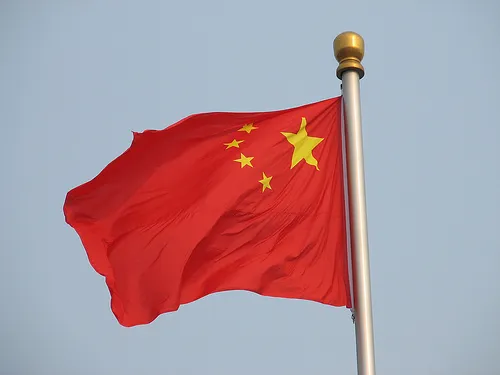
China's inflation to fall 2.5% in March
Government urged to be on high alert on inflation.
According to Hang Seng Bank, inflation is estimated to fall to 2.5% in March, and average 3.5% in 2013. Meanwhile, consumer price inflation rebounded to a 10-month high of 3.2% in February from 2.0% in January mainly due to Lunar New Year distortion.
Hang Seng Bank also notes that in February, food prices rose 6.0% after increasing 2.9% in January, while non-food prices grew 1.9% after advancing 1.6% during the same period.
"Looking ahead, underlying inflation pressure is likely to rise further under an environment of slightly faster economic growth and global monetary easing, as well as the hikes in energy and transportation prices and rising wages," it adds.
Here's more:
The labour force in China is shrinking, which will push up production costs. According to the report released by the NBS on 22 February, the working-age population fell by 3.45 million in 2012, the first decline since 1992.
Meanwhile, the urban labour demand-to-supply ratio rose further to 1.08 in the last quarter of 2012 from 1.05 in the third quarter, reaching its highest level since the series began in 2001, suggesting that the labour market has turned structurally tight.
Policymakers are becoming more increasingly concerned about rising inflation risk. The People’s Bank of China (PBOC) released on 6 February its monetary policy report for the fourth quarter of 2012, in which it emphasized inflation risks.
PBOC Governor Zhou Xiaochuan also stated on 13 March during a press conference that the PBOC should be on high alert on inflation. Moreover, the M2 growth target was cut to 13% in 2013 from 14% in the previous year, an indication that monetary policy would no longer be loose.
Looking ahead, we expect inflation to fall to 2.5% in March as the Chinese New Year distortions get reversed. For 2013 as a whole, consumer price inflation is expected to rebound to 3.5% from 2.6% in 2012.








![Cross Domain [Manu + SBR + ABF + ABR + FMCG + HBR + ]](https://cmg-qa.s3.ap-southeast-1.amazonaws.com/s3fs-public/styles/exclusive_featured_article/public/2025-01/earth-3537401_1920_4.jpg.webp?itok=WaRpTJwE)









 Advertise
Advertise


